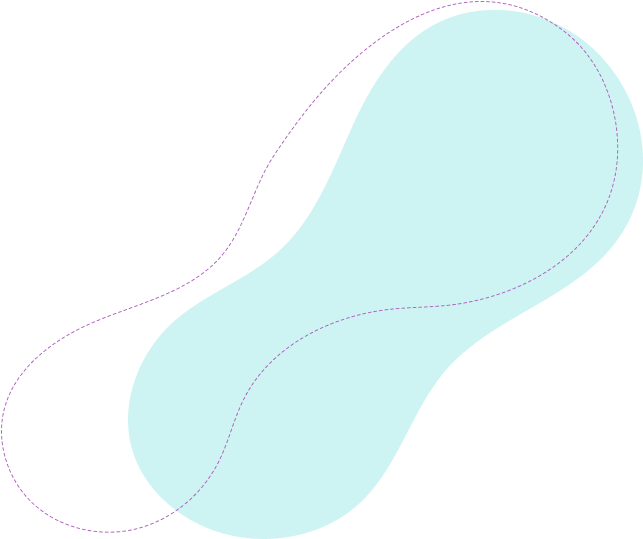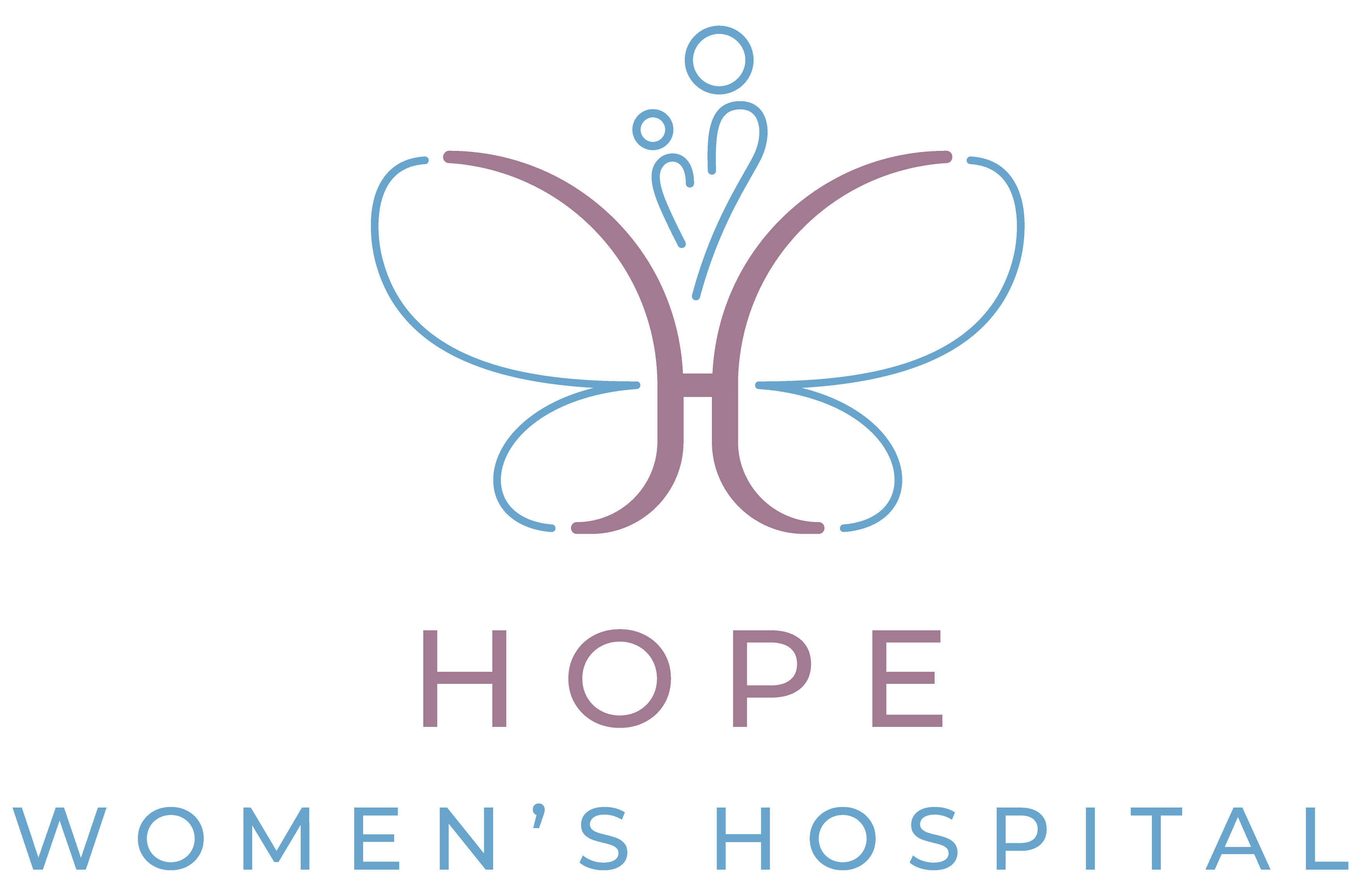Postpartum Contraception
- 𝗛𝗼𝗽𝗲 𝗪𝗼𝗺𝗲𝗻'𝘀 𝗛𝗼𝘀𝗽𝗶𝘁𝗮𝗹
- Postpartum Contraception

MON-SAT 8:00-9:00
+9199099 01123

Postpartum Contraception: Choosing the Right Birth Control After Childbirth
Postpartum contraception is an essential aspect of postnatal care, offering individuals the opportunity to plan future pregnancies, prevent unintended pregnancies, and support optimal maternal and child health. At HOPE Women’s Hospital, we provide comprehensive postpartum contraception education, counseling, and services to help new parents make informed decisions about birth control after childbirth. .Importance of Postpartum Contraception:
- Birth Spacing: Postpartum contraception allows individuals to space pregnancies appropriately, promoting maternal health recovery, reducing pregnancy-related risks, and supporting the health and well-being of both mother and baby.
- Family Planning: Choosing the right birth control method after childbirth empowers individuals to plan their family size, timing of subsequent pregnancies, and achieve reproductive goals aligned with their lifestyle, health, and preferences.
- Preventing Unintended Pregnancies: Effective postpartum contraception helps prevent unintended pregnancies, especially during the early postpartum period when fertility may return before the resumption of menstrual cycles.
- Health Considerations: Selecting a suitable contraceptive method considers individual health factors, breastfeeding status, medical history, contraceptive preferences, and potential interactions with postpartum care and medications.
Types of Postpartum Contraception:
- Immediate Postpartum Contraception:
- Intrauterine Devices (IUDs): Hormonal or non-hormonal IUDs can be inserted immediately after childbirth (postpartum IUD) or during a scheduled postpartum visit. They offer long-term contraception and do not interfere with breastfeeding.
- Contraceptive Implants: Subdermal implants inserted in the arm offer long-lasting contraception and can be placed shortly after childbirth.
- Lactational Amenorrhea Method (LAM): Exclusive breastfeeding, particularly with frequent nursing day and night, can provide temporary contraception during the first six months postpartum. LAM is most effective when breastfeeding is exclusive, on-demand, and before the return of menstruation.
- Barrier Methods: Condoms, diaphragms, and cervical caps are non-hormonal barrier methods that can be used postpartum and do not affect breastfeeding.
- Progesterone-Only Pills (Mini-Pills): Oral contraceptives containing only progestin hormones can be used postpartum, especially for breastfeeding individuals, as they do not affect milk production.
- Combined Hormonal Contraceptives: Birth control pills containing estrogen and progestin can be considered after the postpartum period, once breastfeeding is established and if there are no contraindications.
Choosing Postpartum Contraception:
- Breastfeeding Considerations: Discuss breastfeeding compatibility with contraceptive options, as some methods may affect milk supply or composition.
- Health Factors: Consider individual health factors, medical history, allergies, medication interactions, and preferences when choosing a postpartum contraceptive method.
- Effectiveness: Evaluate the efficacy, convenience, side effects, usage instructions, and follow-up care requirements of each contraceptive option to make an informed decision.
- Consultation: Schedule a postpartum contraception consultation with a healthcare provider to discuss options, receive education, address questions, and ensure personalized contraceptive care.
Postpartum Contraception Services at HOPE Women's Hospital:
Our experienced healthcare providers at HOPE Women's Hospital offer personalized postpartum contraception counseling, education, and support. We prioritize individualized care, privacy, and empowerment in contraceptive decision-making after childbirth.

GET APPOINTMENT
Schedule Your Consultation
APPOINTMENT
If you have questions about postpartum contraception, need guidance in choosing a birth control method after childbirth, or wish to discuss family planning options, schedule a confidential consultation with our healthcare team at HOPE Women's Hospital. We are here to provide comprehensive postpartum contraceptive care and support your reproductive health journey.
Contact us today to schedule your postpartum contraception consultation and take proactive steps toward contraceptive decision-making and family planning after childbirth.

